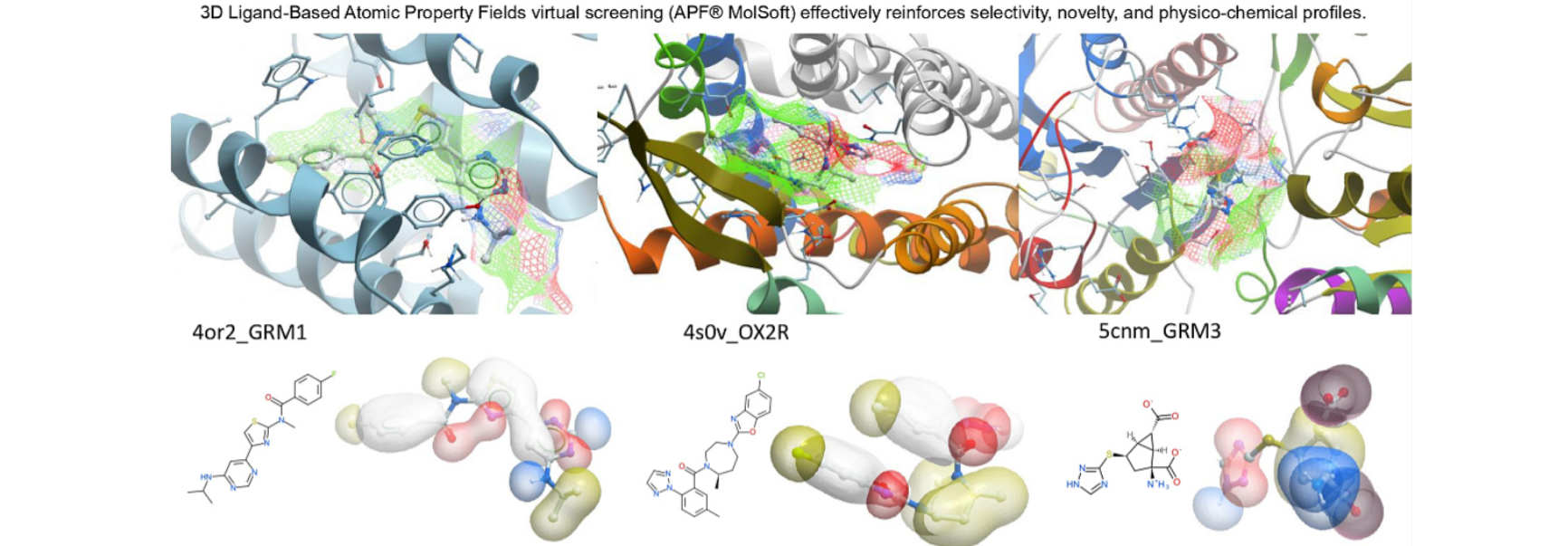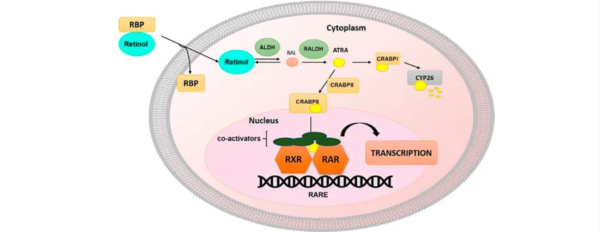The central nervous system (CNS) plays a vital role in regulating various physiological functions, making it an important target for drug discovery. The identification and understanding of CNS targets are crucial for the development of effective therapies for neurological disorders. In this blog, we will delve into the diverse range of CNS targets and their significance in drug discovery and treatment of CNS disorders.
Understanding CNS Targets:
CNS targets are specific molecules, such as proteins or receptors, present in the central nervous system that can be modulated by drugs to elicit desired therapeutic effects. Here are some key types of CNS targets and their relevance in drug discovery:
- Receptors: Receptors are integral membrane proteins that play a crucial role in the communication between cells in the CNS. They bind to specific molecules, such as neurotransmitters or hormones, triggering specific cellular responses. Modulating receptor activity can have profound effects on neuronal signaling and overall CNS function. Examples of CNS receptor targets include G-protein coupled receptors (GPCRs), ion channels, and ligand-gated receptors.
- Enzymes: Enzymes are proteins that catalyze various biochemical reactions in the CNS. They are involved in processes such as neurotransmitter synthesis and degradation, and their dysregulation can contribute to CNS disorders. Targeting enzymes can modulate these processes and restore balance in CNS function. For example, inhibitors of enzymes involved in the breakdown of neurotransmitters can increase their availability and enhance signaling.
- Transporters: Transporters are proteins that facilitate the movement of neurotransmitters or other molecules across neuronal membranes. They control the concentration of neurotransmitters in synapses, influencing neural communication. Modulating transporter activity can regulate neurotransmitter levels and restore proper neuronal signaling. Examples of CNS transporter targets include the serotonin transporter (SERT) and the dopamine transporter (DAT).
- Gene Targets and Gene Expression: Understanding gene targets and gene expression patterns is crucial for drug discovery in CNS disorders. Gene targets can include genes that encode receptors, enzymes, or transporters involved in CNS function. Modulating gene expression can regulate the production of specific proteins and modify neuronal function. Techniques such as RNA interference (RNAi) or gene therapy can be utilized to target these gene-based CNS targets.
Significance in Drug Discovery:
Understanding and targeting CNS-specific molecules have several benefits in drug discovery:
Specificity: By focusing on CNS targets, drug developers can create therapies that specifically modulate neuronal function and have minimal effects on other tissues. This allows for more targeted interventions and reduced potential for off-target side effects.
Disease Modulation: CNS targets are often associated with specific neurological disorders. By modulating these targets, drugs can aim to correct the underlying dysregulation that contributes to the disease, providing the potential to treat the root cause rather than just managing symptoms.
Personalized Medicine: The identification of distinct molecular targets for different CNS disorders promotes the development of personalized medicine. With a deep understanding of the specific dysregulations in each patient, drugs targeting these individualized CNS targets can be tailored for optimal efficacy.
Emerging Therapeutic Approaches: Advancements in gene editing techniques, such as CRISPR-Cas9, present novel opportunities for modulating CNS targets. These approaches hold promise for correcting genetic mutations associated with neurological disorders and restoring normal CNS function.
Conclusion:
CNS targets play a critical role in drug discovery and the development of therapies for neurological disorders. Their intricate involvement in neuronal signaling and CNS function makes them key players in modulating disease-specific dysregulations. By targeting specific receptors, enzymes, transporters, and gene-based targets, scientists can unlock the potential for personalized and effective treatments for a range of CNS disorders. With ongoing research and technological advancements, the exploration and understanding of CNS targets will continue to drive innovation in the field of CNS drug discovery.




